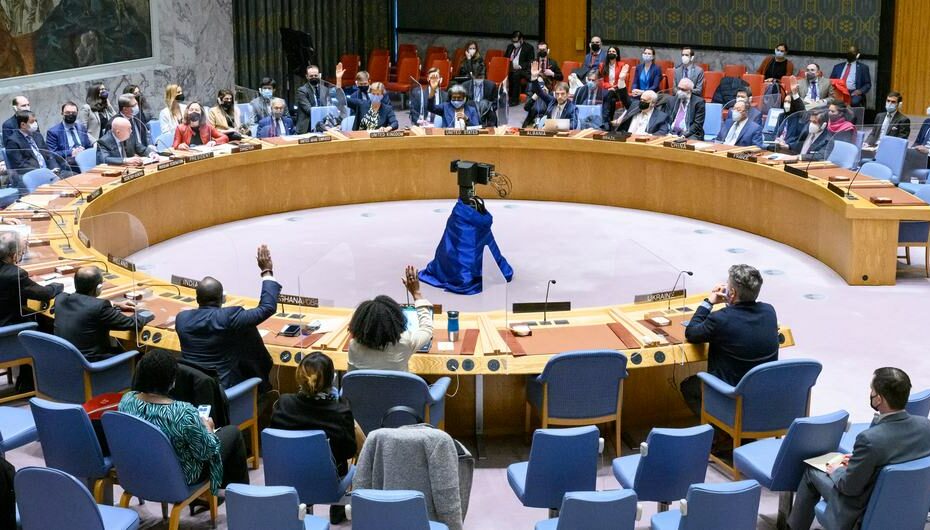Great countries have brilliant minds, actively producing knowledge which serves as the base of considerations taken collectively by all developing agents of those states. Those minds are normally organized in institutions, into which we categorize universities, consulting companies, banks, think tanks, and many more. Think tanks are particularly interesting, since they are the knowledge institutions who are not burdened much by many activities other than researching and publishing. In contrast, universities have the obligation to engage in pedagogical activities, while banks, whose primary focus is controlling the money market, conduct research mainly to support their market expansion agendas.
Another aspect which makes think tank unique: the financing of its operations depends entirely on the fund raisers and donors. If there would be any bias which leads the knowledge production of a think tank, that would be the interest of the donors. We have recently seen the power of donors to some degree diminishing the sacred independence of university in the USA. Yet, it only happens when a knowledge institution, including think tank, depends too much on donors coming from the same background as well pursuing similar interests, and does not manage to diversify their income sources.
Now, what if a think tank establishes itself without any fixed donour, and even salary for the thinkers researching inside? The members of that think tank gather research materials “informally” in resourceful manners, from individual newspaper subscriptions, free and open source data banks, or access provided by universities they (or even their friends or relatives) are enrolled in. The actors inside are mainly moved by their concern on current affairs, relating to the development of their countries. They voice their concerns, but their statements are highly scientific and their arguments too complex for simple, spontaneous social media posts. However, since they are not paid to do the personal and collective research they have done to support their voice, their argumentations might not be as representable as those well-written and visualized texts or briefs produced by real, professional think tanks. Yet, their voice might embody in a more pure manner, the “truth”, since their voice was initiated by the complains and concerns of their heart and burning passion for the related knowledge branch.
This article contains our reflection and attempts to establish our legitimacy for our decision to establish ‘PPIJ Policy Research’. This was in addition to our goal of engaging the many dedicated Indonesian researchers currently studying in Germany, who are focused on advancing their individual careers. PAB (Pustaka Anak Bangsa) was the first programme we started in 2021 to commence the effort to gather the names of those previously, invincible Indonesian researchers abroad, to make them come into the surface. PPIJ Policy Research furthermore aims to organize its assembled researchers to actively engage in scholarly exchange and collaboratively produce publications, including reports and policy recommendations. As a well-networked organization with a long history, PPI Jerman would bridge the policy researches done by our members of German-trained scholars, to the relevant, governmental or non-governmental stakeholders in Indonesia.
Writer: Geraldus Martimbang, head of the departement
Editor: Hessel Juliust
Departement of Research and Strategic Studies, Indonesian Student Association in Germany
